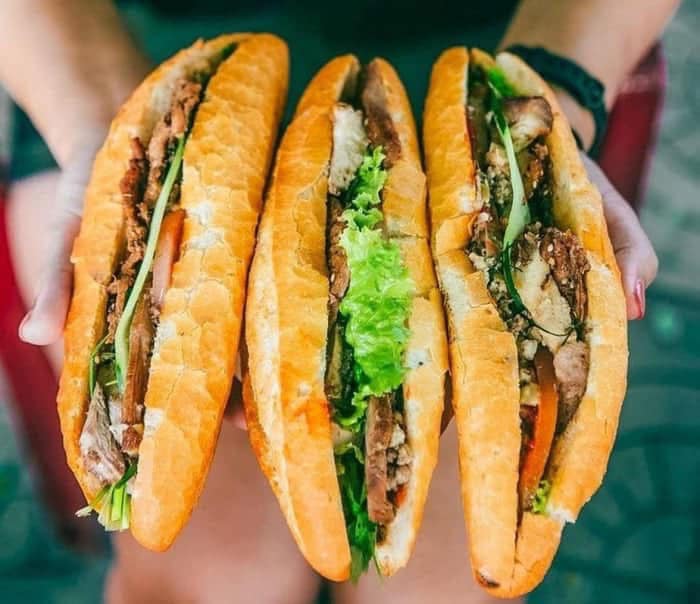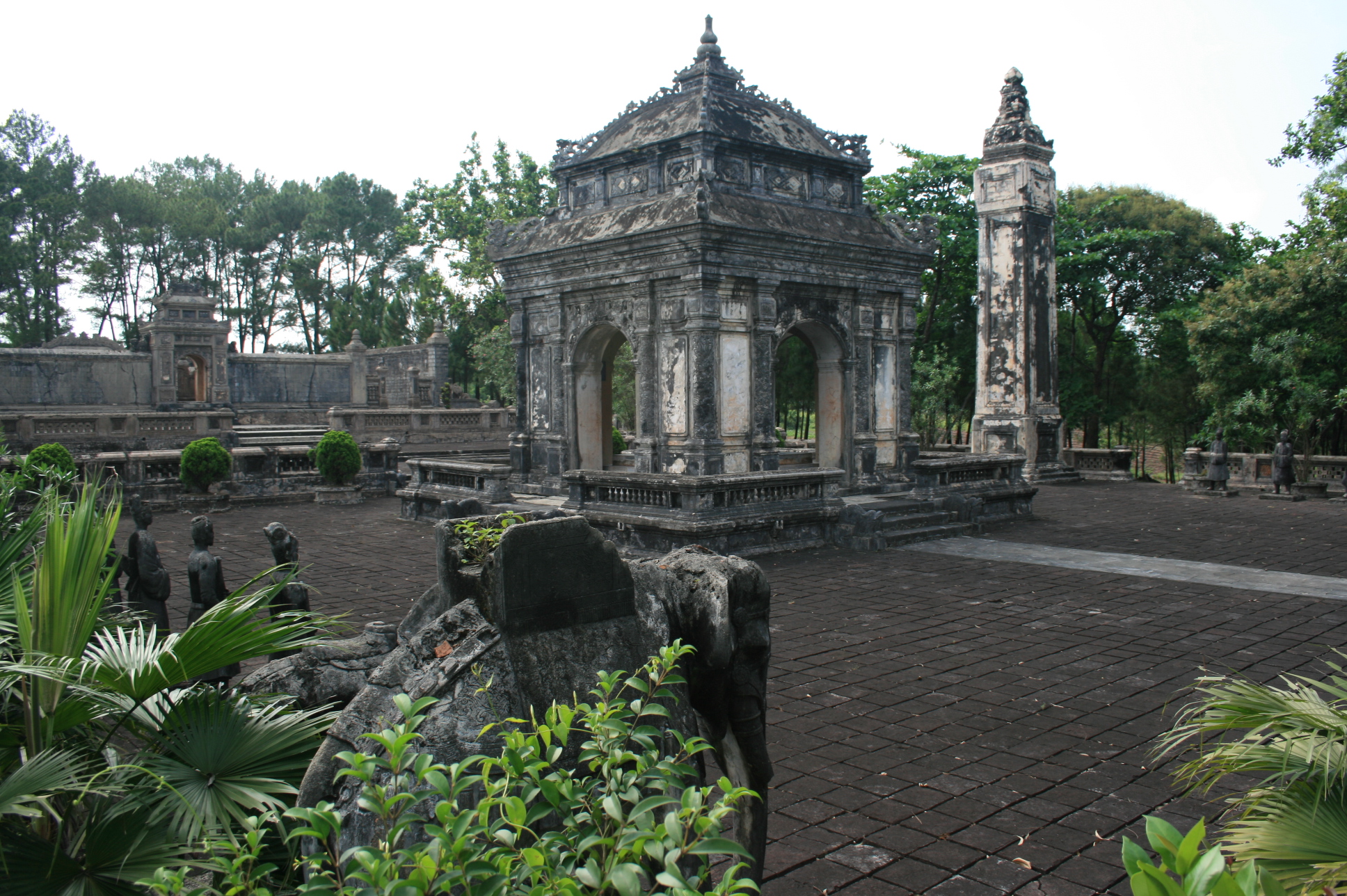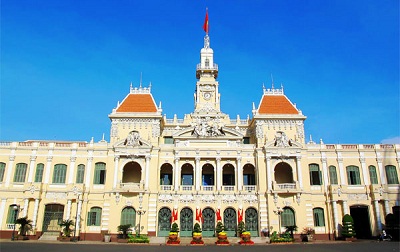- Vietnam Culture
- Vietnam – a perfect country
- The tranquil beauty of Pho
- Geology Museum on Ha Long
- Ha Noi gets the best
- Len Dong: an ancient shaman
- 100 Essential Vietnamese Words for
- Vietnamese Writing
- Vietnamese Langguage
- OX racing festival
- Vietnam National Day
- Vietnam New Year – The
- Perfume Pagoda festival
- Mid-Autumn Festival in Vietnam
- Hung king festival
- Vietnamese Ca tru
- Vietnamese Kites — History and
- Vietnamese Lanterns — What They
- Vietnamese Embroidery
- Vietnam is a culturally diverse
Vietnamese Culture: A Tapestry of Tradition and Modernity
Vietnamese culture is a vibrant and intricate mosaic of traditions, values, and influences that have evolved over thousands of years. Rooted in a rich history, shaped by diverse influences, and infused with modern dynamics, Vietnamese culture is a captivating blend of the ancient and the contemporary. It reflects the resilience, creativity, and deeply ingrained values of the Vietnamese people.
Historical Foundations
Vietnamese culture draws heavily from its historical interactions with China, India, and other neighboring civilizations. Confucianism, introduced during centuries of Chinese rule, deeply influenced Vietnam’s social structure, family values, and educational systems. Buddhism, brought from India, has shaped spiritual practices and art, while indigenous traditions have remained a cornerstone of Vietnamese identity.
Despite foreign influences, Vietnam has maintained its cultural uniqueness, especially through its language, festivals, and folk traditions. The Vietnamese language, written today in the Latin-based quốc ngữ script, is a vital element of cultural identity.
Key Aspects of Vietnamese Culture
1. Family Values
Family is the foundation of Vietnamese society, with Confucian principles emphasizing filial piety, respect for elders, and strong familial bonds. Families often span multiple generations living under one roof, reflecting a collective mindset. This sense of togetherness extends beyond blood ties to include community and social relationships.
2. Cuisine
Vietnamese cuisine is renowned worldwide for its balance of flavors, fresh ingredients, and health-conscious preparation. Iconic dishes like phở (noodle soup), bánh mì (Vietnamese baguette sandwich), and gỏi cuốn (spring rolls) highlight the importance of harmony in taste, texture, and presentation. The regional diversity of Vietnam also enriches its culinary landscape, with unique dishes from the North, Central, and South.
3. Festivals and Celebrations
Traditional festivals play a significant role in preserving Vietnam’s cultural heritage. Tết Nguyên Đán (Lunar New Year) is the most important celebration, marking the arrival of spring and a time for family reunions, ancestral worship, and cultural rituals. Other notable festivals include the Mid-Autumn Festival, known for its mooncakes and lanterns, and various regional festivals honoring local deities and historical figures.
4. Art and Literature
Vietnamese art reflects the country’s history and spirituality. Traditional water puppetry, unique to Vietnam, is a centuries-old performance art combining storytelling, music, and intricate puppetry techniques. Vietnamese literature, from ancient poetry to modern novels, explores themes of nature, love, and resilience, often drawing from the nation’s tumultuous history.
5. Religion and Spirituality
Vietnamese spirituality is a blend of Confucianism, Buddhism, Taoism, and indigenous beliefs. Ancestor worship is a core practice, reflecting respect for family and heritage. Temples, pagodas, and altars are common sights, serving as places of prayer and community gatherings.
6. Traditional Attire
The áo dài, a flowing tunic worn over trousers, is a symbol of Vietnamese elegance and cultural pride. It is often worn during formal events, weddings, and festivals. The simplicity and grace of the áo dài reflect the aesthetic values of Vietnamese culture.
Modern Influences on Vietnamese Culture
As Vietnam modernizes and integrates into the global economy, its culture continues to evolve. Urbanization and technological advances have introduced new forms of entertainment, fashion, and lifestyle trends. However, the Vietnamese people have shown a remarkable ability to embrace change while preserving their traditions. For example, contemporary music and cinema often incorporate traditional themes, bridging the past and present.
The younger generation plays a pivotal role in shaping modern Vietnamese culture. Social media and global connectivity have exposed them to diverse cultural influences, yet many remain deeply connected to their roots, celebrating traditional values and customs.
Cultural Highlights for Visitors
Vietnam’s rich culture is a major draw for tourists. Popular cultural experiences include:
- Visiting ancient sites like the Imperial Citadel of Huế and Hội An Ancient Town.
- Exploring the bustling markets and street food culture in Hanoi and Ho Chi Minh City.
- Participating in traditional festivals and ceremonies.
- Enjoying the scenic beauty of landscapes like Ha Long Bay, which hold cultural and spiritual significance.
Vietnamese culture is a testament to the resilience and adaptability of its people. It is a culture deeply rooted in history yet open to modern influences—a living tapestry that continues to evolve. Whether through its cuisine, art, festivals, or traditions, Vietnamese culture offers a window into the heart of a nation that cherishes its heritage while looking boldly toward the future.














